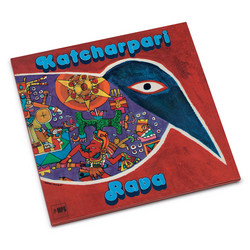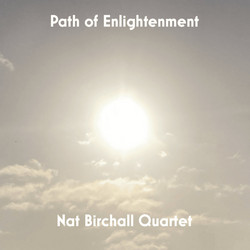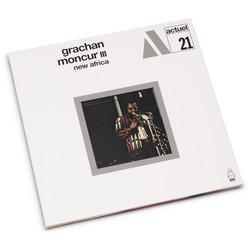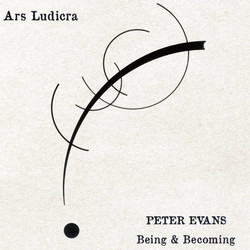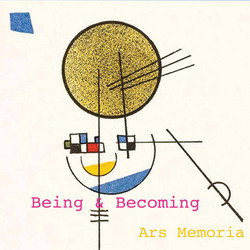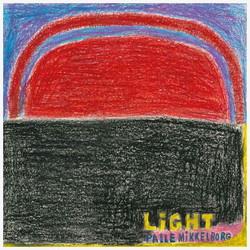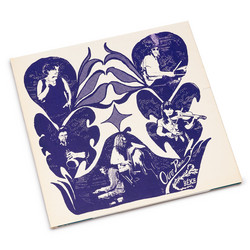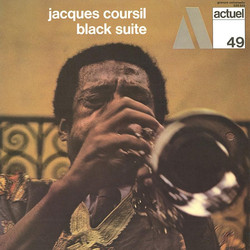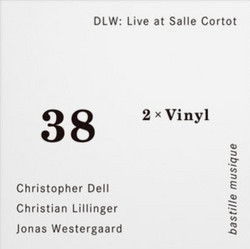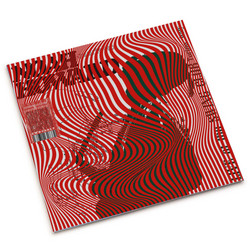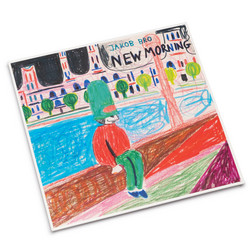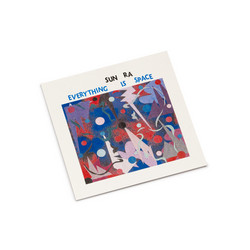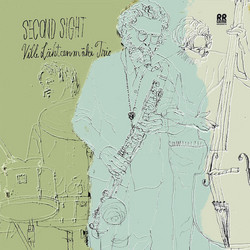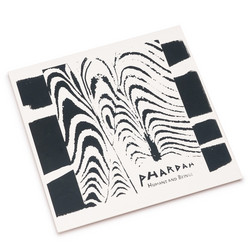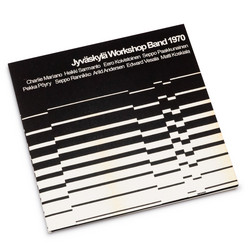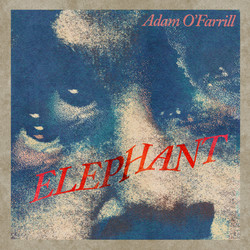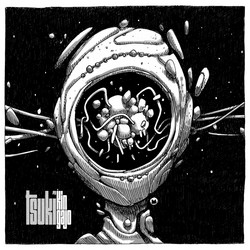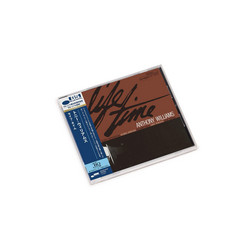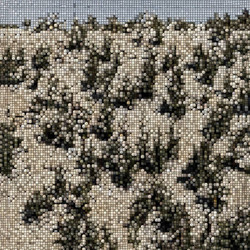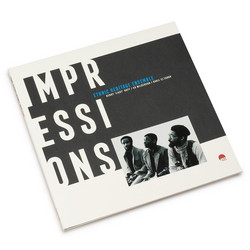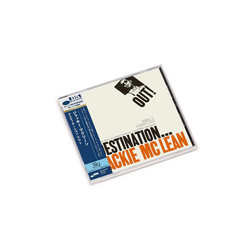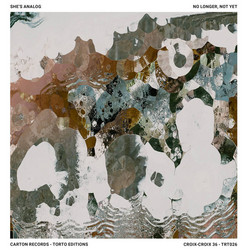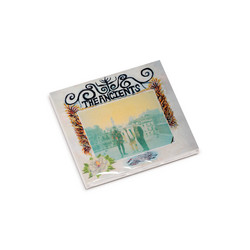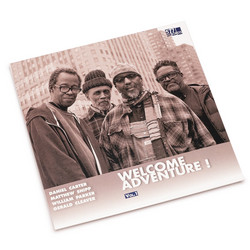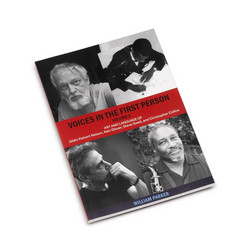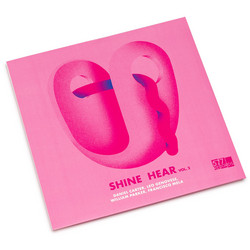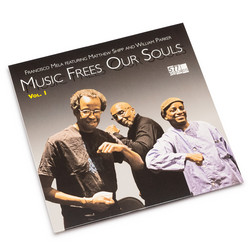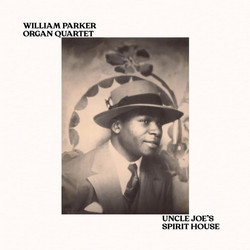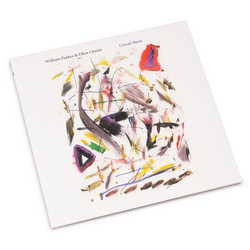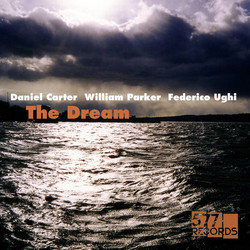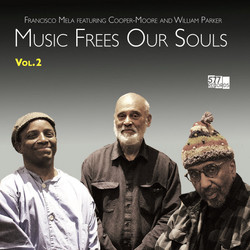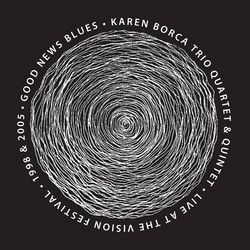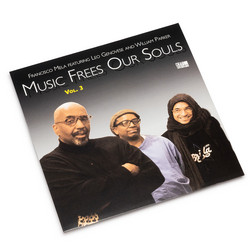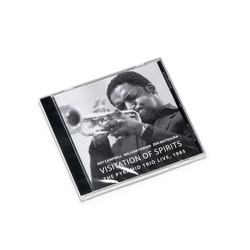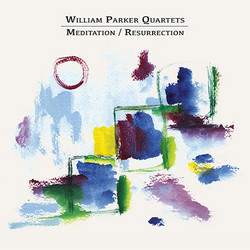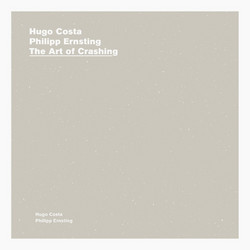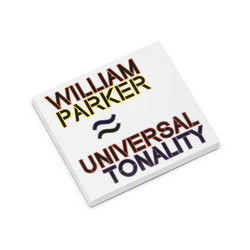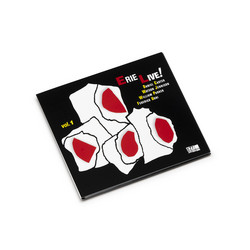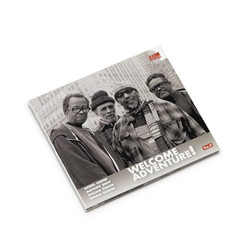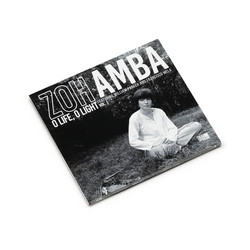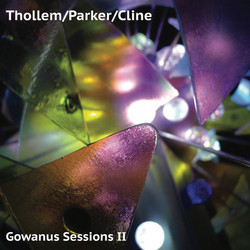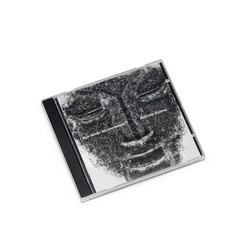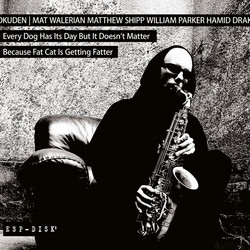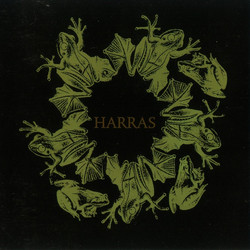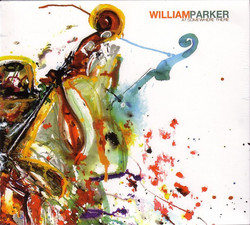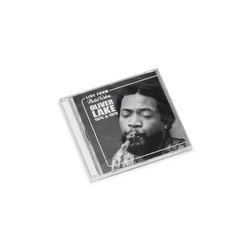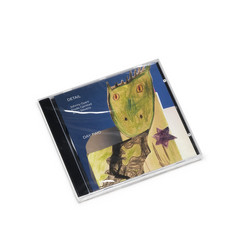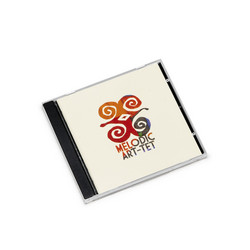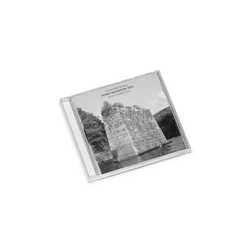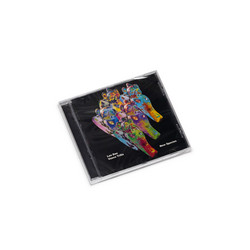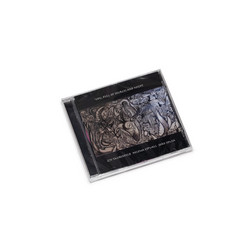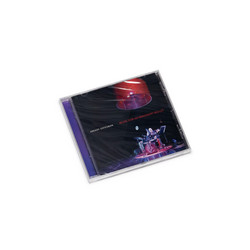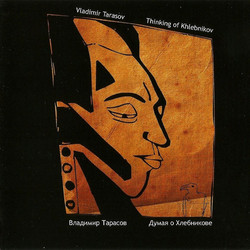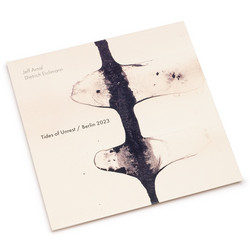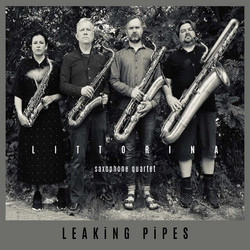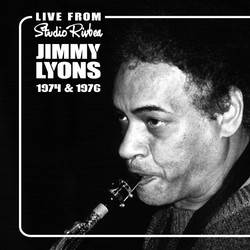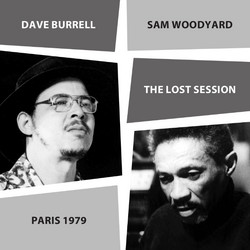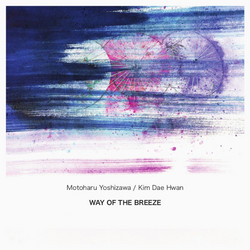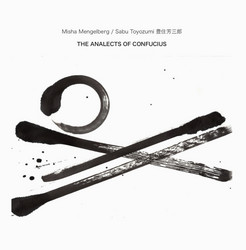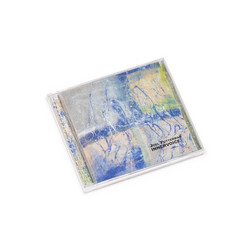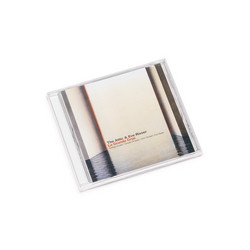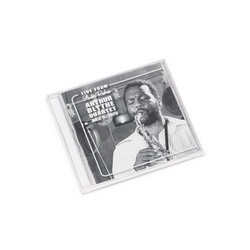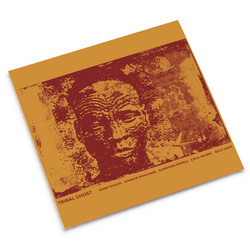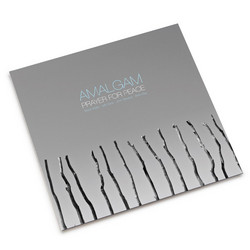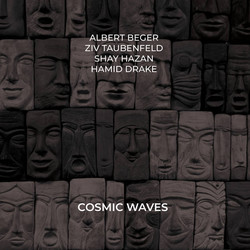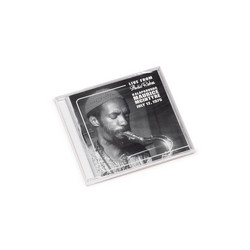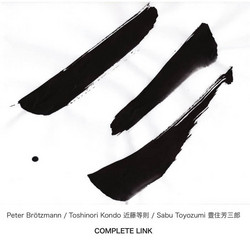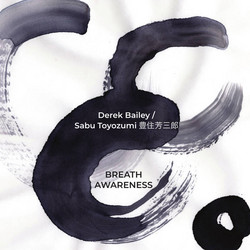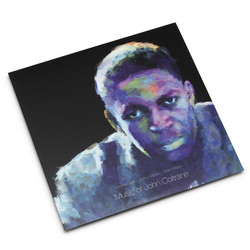We do require your explicit consent to save your cart and browsing history between visits. Read about cookies we use here.
William Parker - double bass
Hugo Costa - alto saxophone
Philipp Ernsting - drums
Recorded at Codarts, Rotterdam, October 11th, 2023 by Philipp Ernsting
Mixed and mastered by Arūnas Zujus at MAMAstudios
Cover art by Martynas Ivinskas
Photo of Hugo Costa by Rui Silva
Photo of William Parker by Peter Gannushkin / downtownmusic.net
Photo of Philipp Ernsting by Florian Cramer
Design by Danas Mikailionis
Inestimable bassist William Parker has made hundreds of records, but this unlikely meeting with two stalwarts of the Rotterdam scene, Portuguese alto saxophonist Hugo Costa and German drummer Philipp Ernsting, should not to be overlooked. The Dutch-based pair invited Parker to join them for a recording in October 2023 and Pulsar is the splendid result. Costa and Ernsting more than hold their own. However, this date is notable for featuring Parker in an unencumbered free environment where he displays the nous that comes from anchoring such blowing sessions for near on five decades, a less frequent occurrence as he explores a wealth of other diverse projects from song cycles to opera.
Costa and Ernsting enjoy the sort of rapport that comes from playing together for over 10 years, both as a duo and in combination with others in bands such as Anticlan and Albatore. The saxophonist inhabits the post-Albert Ayler world of expressive freedom, often plotting an angular forward trajectory while stretching the bounds, whether with astute shading or keening falsetto. Meanwhile, the drummer harks back to a lineage that includes the tonal color of Paul Lovens and Tony Oxley, sometimes allied with a string of rhythmic provocations worthy of a Paul Lytton.
On three extended off-the-wall cuts, the trio shares an egalitarian ethos that manifests in a series of receptive almost relaxed exchanges. But that is not to imply any kicking back. They share an alertness to possibility, like riding a wave. Ernsting sensibly provides just enough accents and support to maintain momentum without obscuring the bassist's subterranean muscularity.
Playing pizzicato, Parker offers a constant counterpoint to the reed man, while at the same time bolstering a flexible rippling impetus. With bow in hand, he is something else again, swerving in tandem with Costa's dirge-like cries. Responsive too: a passage of plosive exclamations from the saxophonist provokes a brief flurry of percussive thwacks from Parker on the title cut, in just one example of the illuminating interplay that peppers the set.
On the final "Words Of Freedom," Parker abandons his bull fiddle entirely, to blow first an uncredited double reed instrument, intertwining with Costa's throaty alto in a high energy vortex, while Ernsting fills the lower registers with a rapid multi-limbed clatter. The American's move to wooden flute, similarly uncredited, presages a more open interaction, a calming influence, as the track finishes in gentle warbles and murmurs, as if bestowing a benediction.
An outing that confirms rather than shatters preconceptions, but satisfies immensely, and deservedly introduces Costa and Ernsting to a wider audience.
Related products
More by William Parker, Hugo Costa, Philipp Ernsting
More from NoBusiness Records
Become a member
Join us by becoming a Soundohm member. Members receive a 10% discount and Free Shipping Worldwide, periodic special promotions and free items.
Apply hereSoundohm is an international online mailorder that maintains a large inventory of several thousands of titles, specialized in Electronic/Avantgarde music and Sound Art. In our easy-to-navigate website it is possible to find the latest editions and the reissues, highly collectible original items, and in addition rare, out-of-print and sometime impossible-to-find artists’ records, multiples and limited gallery editions. The website is designed to offer cross references and additional information on each title, as well as sound clips to appreciate the music before buying it.
Soundohm is a trademark of Nube S.r.l.
